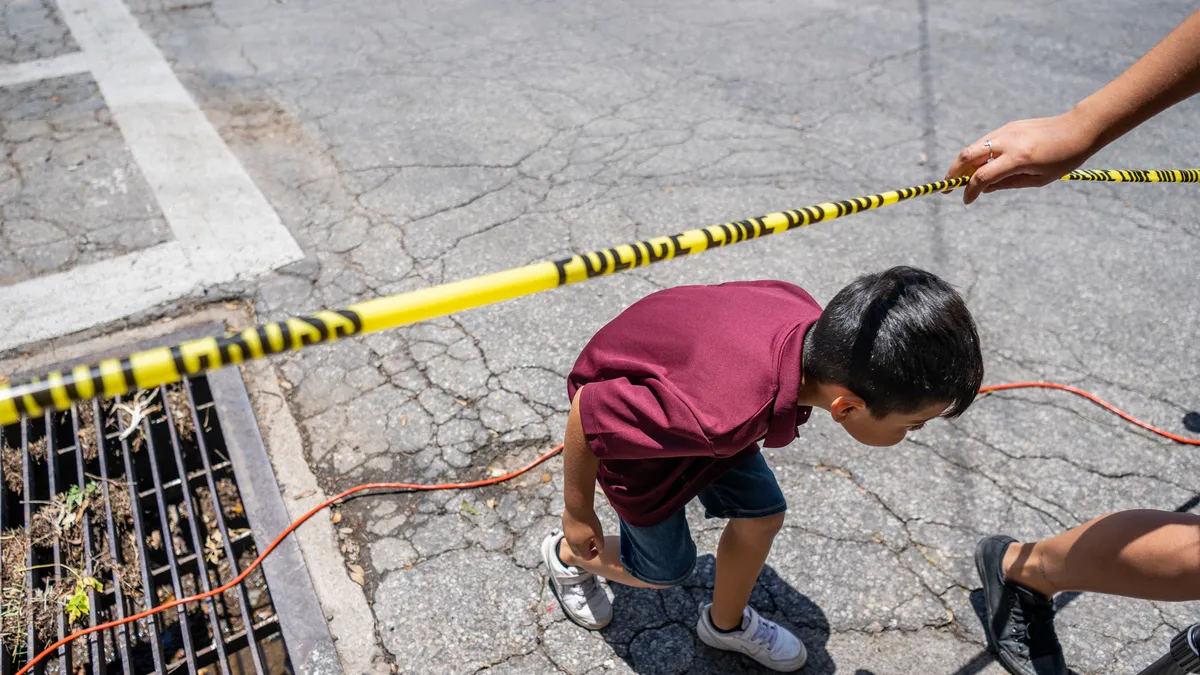One in six teachers nationwide works in a district impacted by gun violence since the 2019-20 school year, according to a Rand Corp. report released Wednesday. Teachers were more concerned about being victims of gun violence in the 2023-24 school year than in the year prior.
Teachers working in urban, suburban and large schools, as well as in schools serving mostly students of color, were more likely than their peers to report that their district was impacted by gun violence in the past five years.
Despite growing concerns and an increasing number of incidents of gun violence on school grounds in recent years, practice drills to prepare for such an incident remain controversial.
"But even practice drills — which simulate lockdown situations in an attempt to increase staff and students’ preparedness to respond to actual emergencies — may be troubling for school communities," said Rand Corp. researchers in the report.
Active shooter drills are linked to increased depression, stress, anxiety and physiological health problems among students of all ages, as well as parents and teachers, according to 2020 research from Everytown for Gun Safety and Georgia Tech.
Although active shooter drills can be stressful and fear-inducing for students, just 16% of teachers in the Rand research indicated their schools have adults monitoring students for signs of trauma in real time — which the National Association of School Psychologists and National Association of School Resource Officers both recommend..
While active shooter drills have been shown to have a negative impact on the school community, their effectiveness remains a tossup.
Only 20% of teachers said drills make them feel safer. And half of teachers perceive drills as having no impact on preparedness, according to the Rand report.
In research released last year by the U.S. Department of Education's National Center for Education Statistics, less than a quarter of schools said they were "very prepared" to respond to an active shooter.













